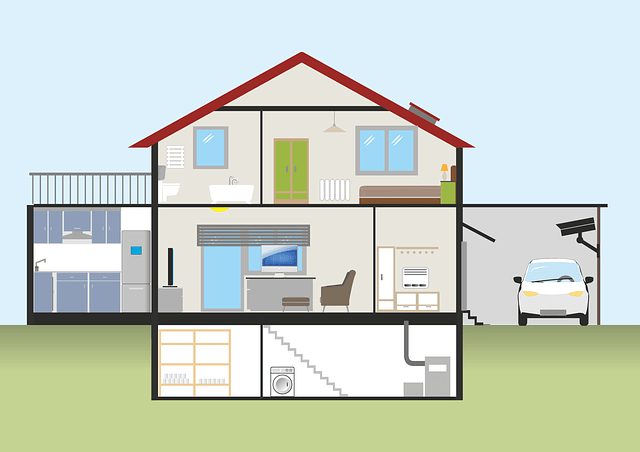Homeowners insurance is meant to protect against disasters ranging from fire to theft to lawsuits, encompassing most injuries and damage that members of your family might cause to other people. Most insurance carriers even count pets as members of your family.

How much insurance do you need? What would it take to rebuild your home? Here are some considerations to make sure your homeowners insurance is up to date:
- The main thing to watch out for is accuracy. Whenever a permanent or semipermanent family living situation is changed, be sure to update the household names on your policy. So, if you have a baby or get a dog, you need to update your policy by adding their names to your list of family members. If you begin renting out rooms of your home, inform your agent. Anyone residing in your home long term should be included in the listing of your policy. This will be important when or if disaster strikes.
- Paying off your mortgage can give you more flexibility in your policy. Take a look at what your lender required you to have covered. See if less coverage would be adequate now.
- Make sure you’re insuring your home for the value you want. That is, consider the home’s estimated reconstruction cost and not its current market value. Before and after remodeling, reassess your home’s value and cover any increases.
- Consider earthquake or flood insurance. This is all about geography, and even if you never thought you were prone to flooding, the situation may have changed.
- You may qualify for homeowners insurance discounts for making certain upgrades. Even a small tweak — adding a safety feature like a burglar alarm or sprinklers — could earn you a discount. Whenever you make significant improvements to your home, make sure they are covered by your policy. Renovations usually add value to a home. Revising your coverage to include that additional value can save you from paying replacement costs out of pocket. You may even get the reward of lower premiums.
- Consider reviewing and increasing limits and coverage. Although your standard homeowners policy protects against a loss or theft, coverage is provided only to a certain limit. When you make a substantial purchase, make sure it is properly valued and notify your insurance company. This is especially important with jewelry and antiques.
- Life events may alter your assets and your risk tolerance. Make sure you’re covered the way you want: for example, if you’ve retired or you’ve quit smoking, a change in coverage might be in order.
- You may want to purchase umbrella insurance. This provides extra liability on top of your homeowners policy, and is often recommended for individuals and families with substantial assets that may be at risk in a lawsuit. Umbrella policies often come with a very modest cost.
- Consider landlord insurance. This may be essential if you’re renting out an investment property.
Most of us purchase homeowners insurance and forget about it, assuming it will always cover the property no matter what happens. But neglecting your policy could lead to coverage gaps and unexpected out-of-pocket costs. You may want to conduct an annual review. At the very least, review your insurance four to eight weeks before your existing policy expires.
Take note of your coverage limits and policy type — see if there’s a policy out there that might get you better coverage, a better price or both. Comparing policies again the week of renewal will help you ensure that you have the most up-to-date rates available.
Read More:
